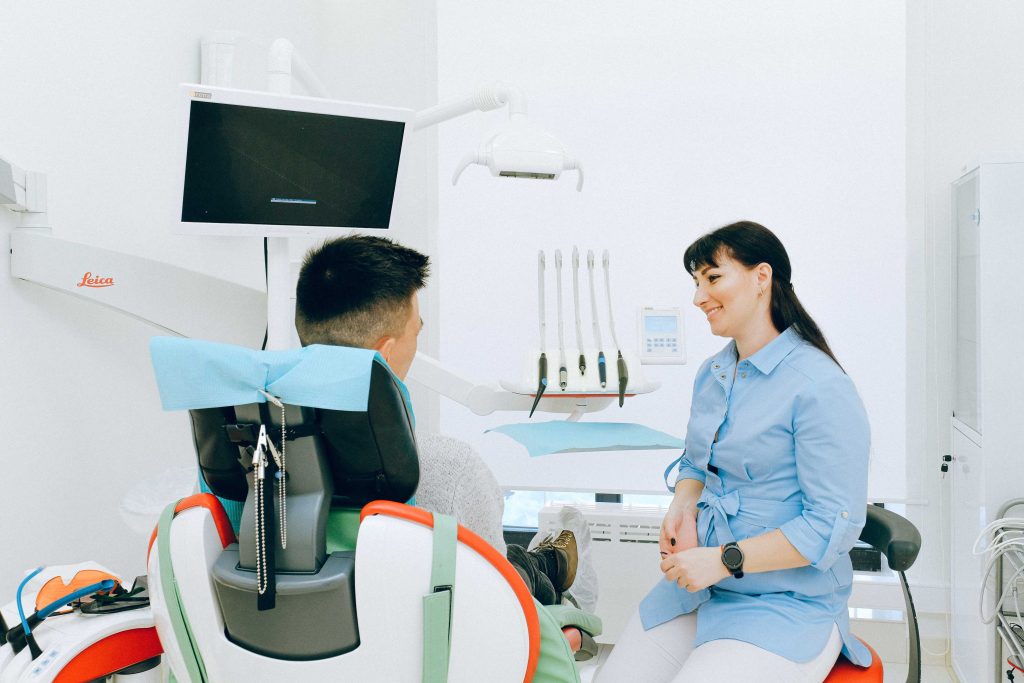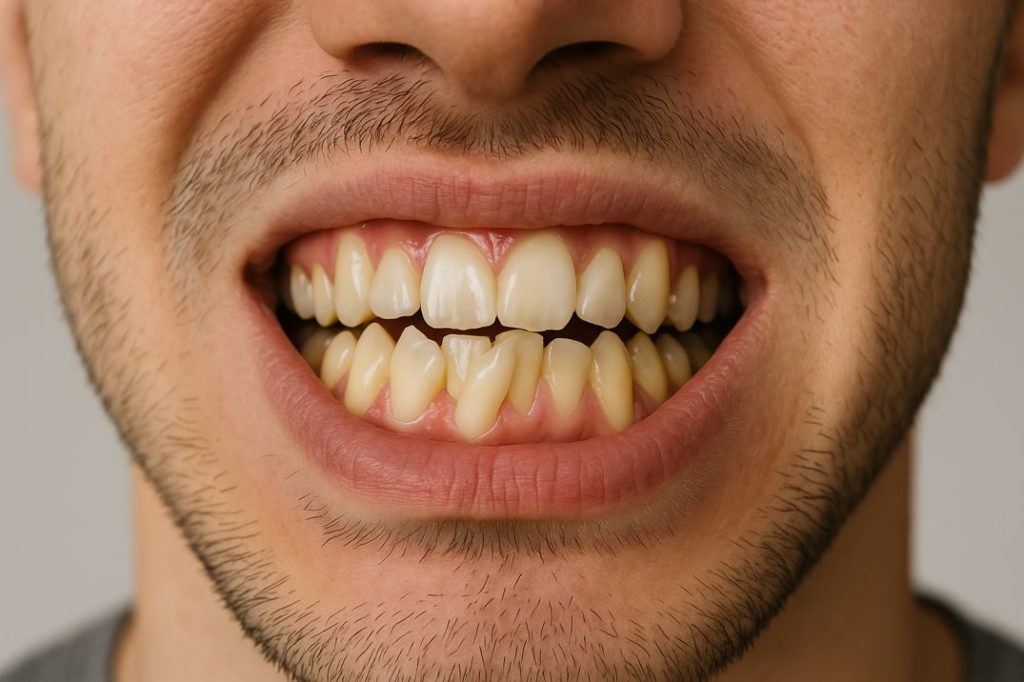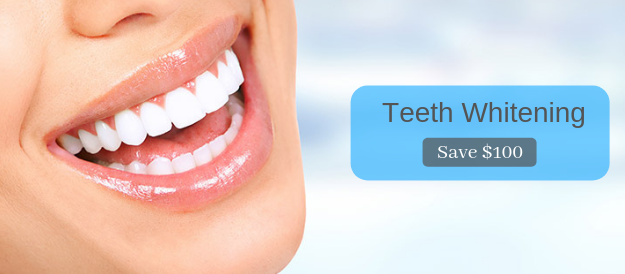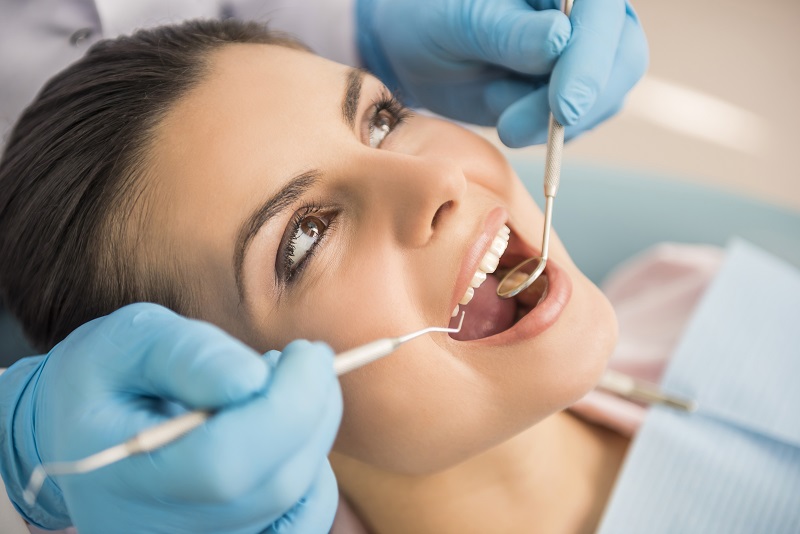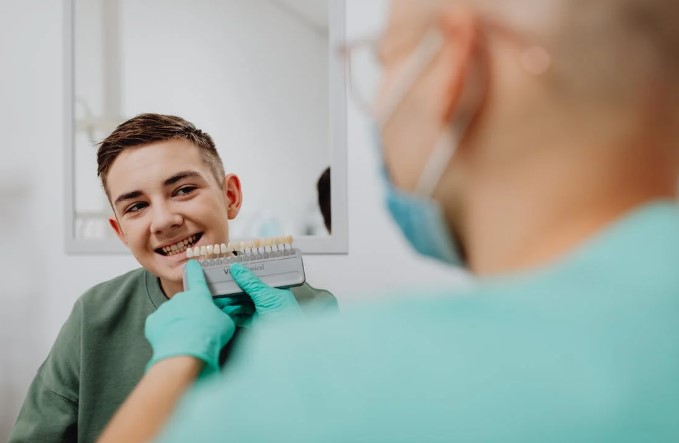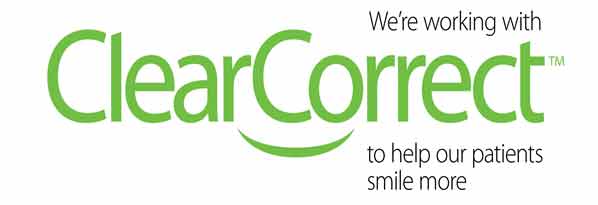A dazzling smile can make a lasting impression and boost your confidence. If you’re looking to enhance the brightness of your teeth, professional teeth whitening is a safe and effective option. At Greenwood Plenty Dental Care, a trusted dental clinic in Bundoora, we offer professional teeth whitening treatments that can help you achieve a brighter, whiter smile. In this blog post, we will explore the benefits of premium teeth whitening and why you should consider this cosmetic dental procedure.

- Brightens Your Smile: Professional teeth whitening treatments can effectively remove stains and discoloration from your teeth, giving you a noticeably brighter smile. Whether your teeth have become discolored due to aging, coffee or tea consumption, tobacco use, or certain medications, our dentist in Bundoora can help restore the natural whiteness of your teeth, helping you regain your confidence.
- Customized Treatment: When you choose teeth whitening at Greenwood Plenty Dental Care, you can expect a personalized treatment plan tailored to your specific needs. Our experienced dental professionals in Bundoora will assess your oral health, discuss your desired outcome, and recommend the most suitable whitening treatment for you. This personalized approach ensures that you achieve optimal results while maintaining the health of your teeth and gums.
- Safe and Effective: While there are numerous over-the-counter teeth whitening products available, professional teeth whitening performed by a qualified dentist is the safest and most effective option. At Greenwood Plenty Dental Care, we utilize advanced whitening techniques and high-quality whitening agents that are safe for your teeth and gums. Our dental clinic in Bundoora follows strict safety protocols to ensure your comfort and minimize the risk of sensitivity or damage to your teeth.
- Faster Results: Compared to at-home whitening kits, professional teeth whitening can deliver faster and more dramatic results. Our in-office teeth whitening treatments utilize advanced technology and powerful whitening agents to remove deep-seated stains effectively. In just a single visit to our Bundoora dental clinic, you can see a significant improvement in the whiteness of your teeth, saving you time and effort.
- Long-lasting Effects: With premium teeth whitening, you can enjoy long-lasting results. Our dentist will provide you with aftercare instructions and may recommend take-home whitening kits to help you maintain your bright smile. By practicing good oral hygiene habits and avoiding stain-causing substances, you can prolong the effects of your teeth whitening treatment.
A brighter, whiter smile can boost your self-confidence and leave a positive impression. Professional teeth whitening at Greenwood Plenty Dental Care, the leading dental clinic in Bundoora, offers a range of benefits, including a brighter smile, personalized treatment, safety, faster results, and long-lasting effects. If you’re considering teeth whitening, trust our experienced dental professionals to help you achieve the smile of your dreams. Contact us today to schedule a consultation and take the first step towards a brighter, more confident smile.

